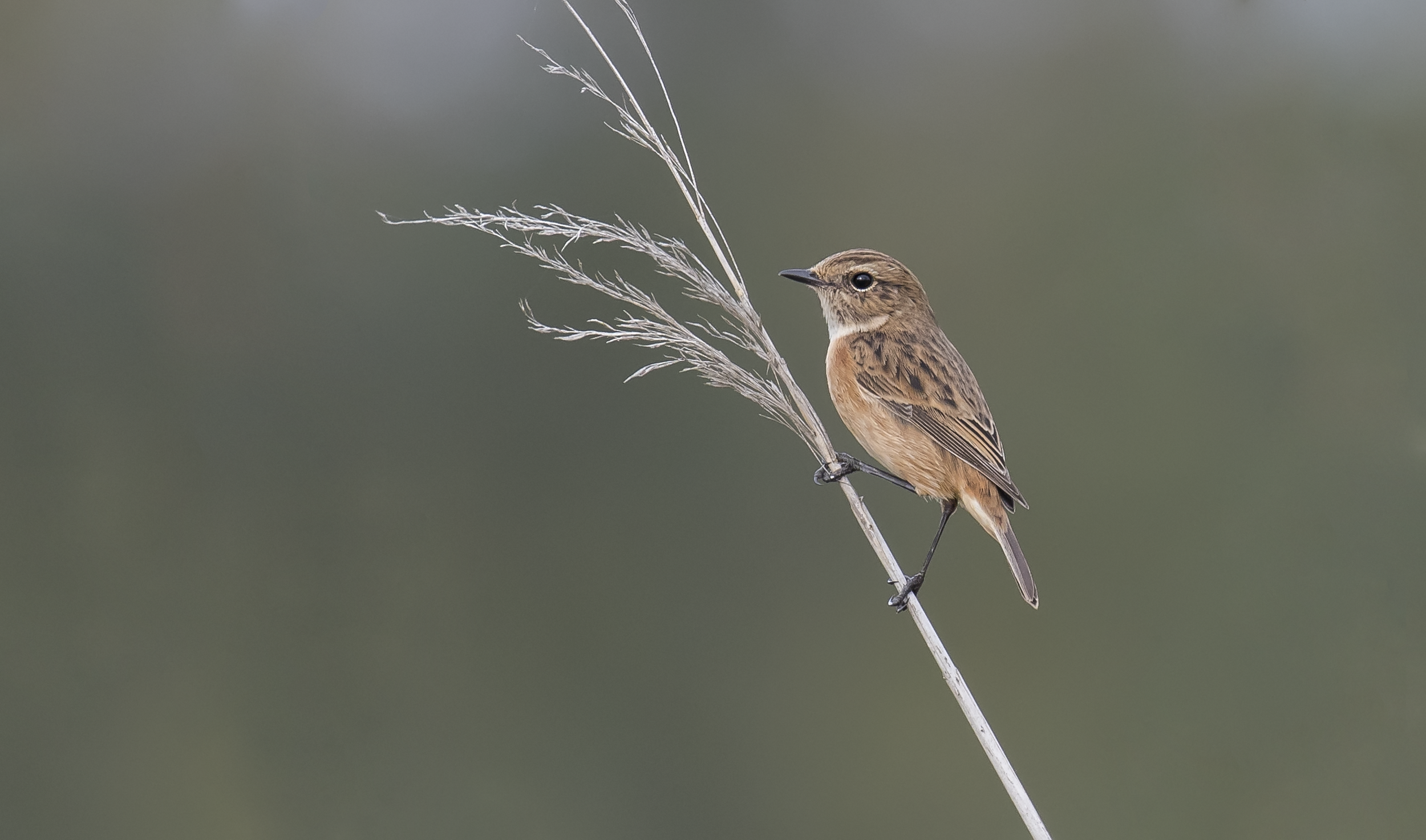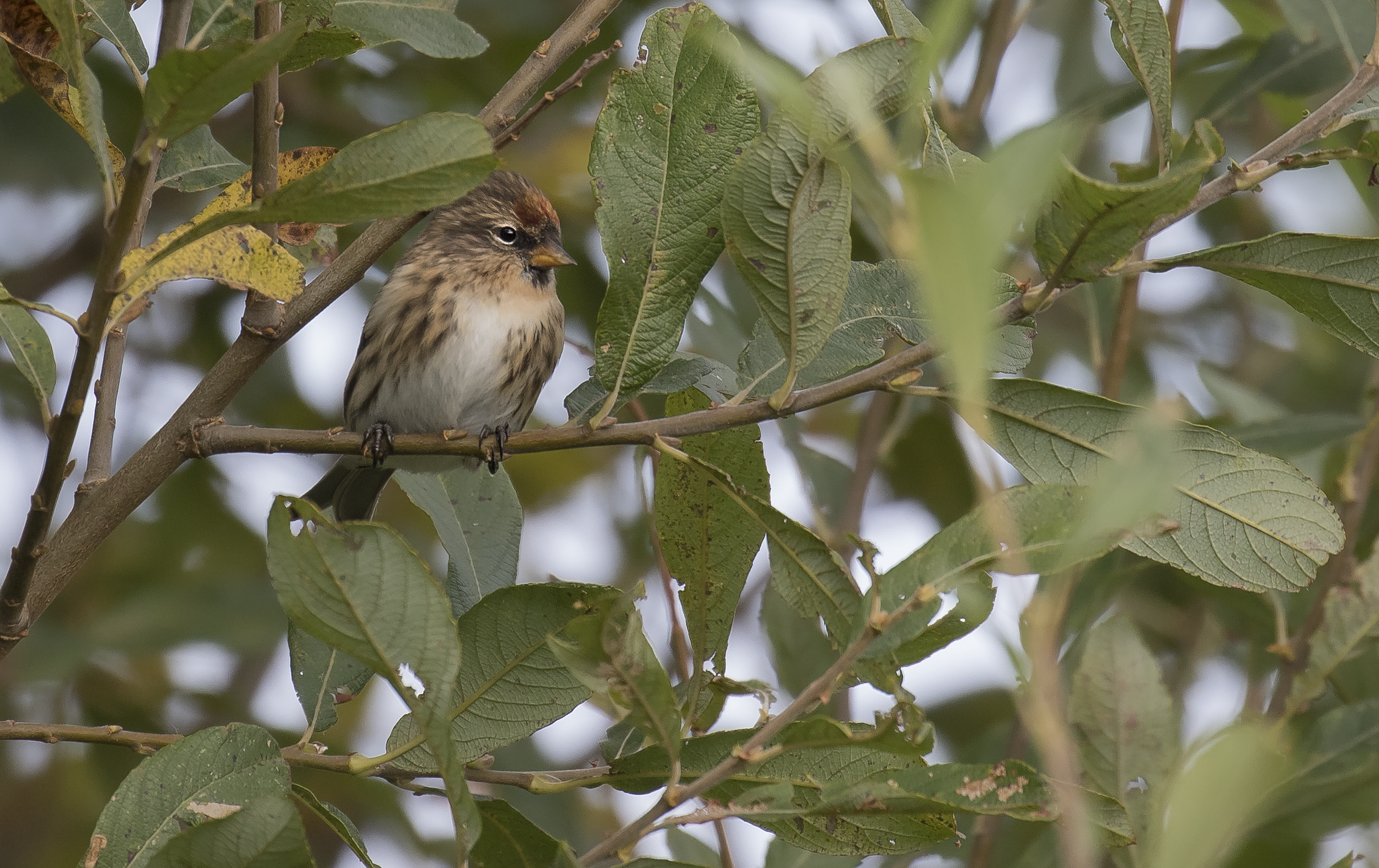I’ve added some more birdsongs to my youtube collection. I’m hoping that once I’ve accumulated enough, they can become a reference for people to use to help ID species in the field. Learning birdsong is quite difficult for people who don’t know where to start. By far the best way to learn is to listen, a lot. So it helps to know what you’re listening to prior to going into the field. Take this Whitethroat, for instance, in this recording, you’ll hear their call at the start, their short and sharp song, followed by their longer sub-song which is also used during their flight display. It’s good to familiarise yourself with birds sub-song too as it’s usually these type of vocalisations that people can get caught up on, as they all share similar characteristics between species. A sub-song is often a longer, more complicated song, which could include mimicry in this species also. This is why it’s important to take your time and listen to multiple phrases before drawing any conclusions but if you’re unsure, record multiple phrases on your phone and if you can’t find out what it is yourself, feel free to ask me or somebody else for help.
I’ll do another blog on the Reed Warbler in comparison to a Sedge Warbler as this is another species that people get confused between. The differences are actually quite spectacular once you know what to look out for but for now, familiarise yourself with the slow pace of the Reed Warbler. It might be a complicated song, but it is structured.
Another song that you perhaps won’t hear so much now as they tend to sing early spring. It’s a delicate song, and just like their stone-like call, can easily be missed on a windy day on the moors.
One you won’t mistake in the woods is this iconic sound of a Wood Warbler. It’s described to sound like a penny dropping onto a marble floor, as it a very metallic sound that increases in speed and loudness towards the end.
Nocmig Update
So much to share from the last two days alone, with Common Sandpiper, Little Ringed Plover, Ringed Plover, Whimbrel, Dunlin and last night my first Spotted Flycatcher.
I appreciate there’s a lot of content here to look thru but you have to listen to this one. It was a special moment recording a Cuckoo at work that literally sang for 30+ Minutes. No females just yet on this patch but two males either end of the woods.
I know we’re still struggling to get thru this lockdown and are eager for things to go back to ‘normality’ but I really do hope that we change our ways before jumping straight back into the fire. The lack of air traffic has had a massive impact on my mental health. My recordings are the best they’ve ever been due to this one fact alone and I’m positive that this period has had a hugely positive effect on our wildlife. I hope that more and more people realise the value of working from home and I hope companies will start to trust their employee’s todo so. Yes, it’s important to have social contact with people, but I do feel that much of this contact is unnecessary at a time where global emissions are at breaking point. Just look at our wonderful verges full of wildflowers and the increase of insects this year alone due to less traffic on the road. We have such an impact on the planet, but this as proven to me that we CAN make big differences with simple life changes.








